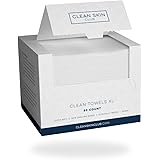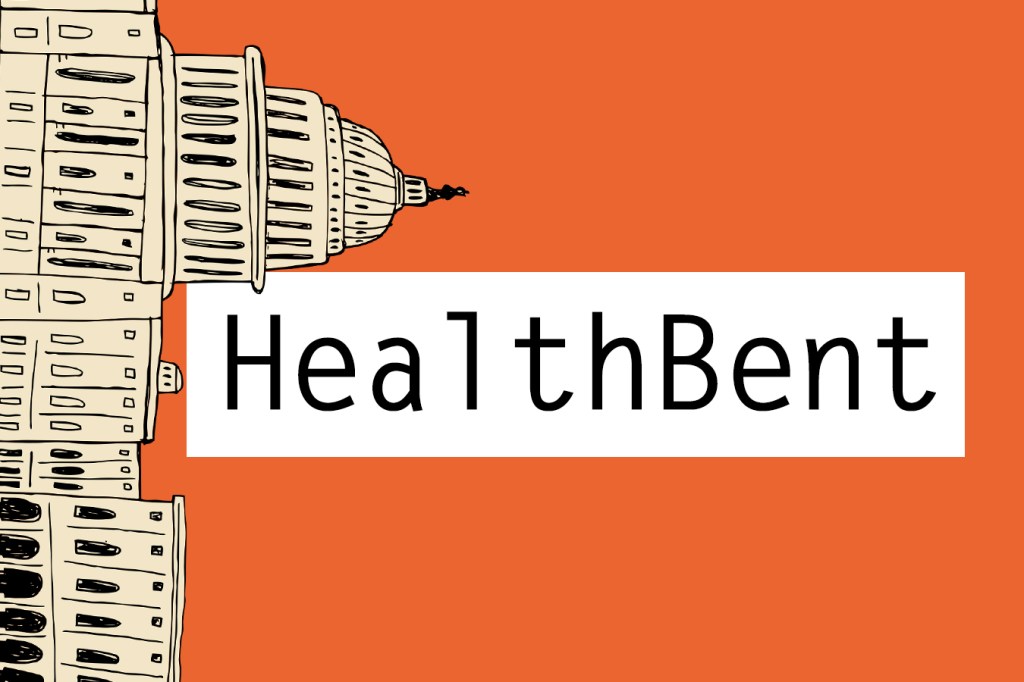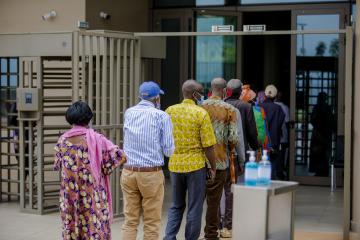Officials say a Salmonella Weltevreden outbreak linked to imported, cooked, frozen shrimp is over, but they are concerned some consumers may have the shrimp on hand.
As of Sept. 21 the Centers for Disease Control and Prevention declared the outbreak over. At least nine people in four states were sickened. The last illness onset date was July 17, 2021.
Based on the Food and Drug Administration’s completed traceback investigation and sample results, frozen cooked shrimp manufactured by Avanti Frozen Foods of India were linked to this outbreak. Some have expiration dates reaching through 2022.
“The FDA worked with Avanti Frozen Foods of India to ensure that potentially contaminated frozen cooked shrimp were removed from the market. On Aug. 13, 2021, Avanti Frozen Foods of India expanded its recall of frozen cooked shrimp to include frozen cooked shrimp products imported into the U.S. from November 2020 to May 2021,” according to the FDA.
In March 2021, a shipment of Avanti Frozen Foods shrimp that was found to be contaminated with Salmonella at import was destroyed. Avanti Frozen Foods was added to Import Alert 16-81 , which allows FDA to detain products at import without physical examination because of the presence of Salmonella. On June 25, 2021, Avanti Frozen Foods recalled additional lots of frozen cooked shrimp.
Subsequent recalls followed. The recalled frozen, cooked shrimp should no longer be available for sale. However, the products have a long shelf life, and consumers, restaurants, and retailers should check their freezers and should throw away recalled shrimp. The expanded recall from Aug. 13, 2021 includes the following brands:
- BIG RIVER
- 365
- AHOLD
- CENSEA
- COS
- CWNO BRAND
- FIRST STREET
- NATURE’S PROMISE
- HARBOR BANKS
- HOS
- MEIJER
- SANDBAR
- SEA COVE
- WATERFRONT BISTRO
- WELLSLEYFARMS
- WFNOBRANDS
- FOODLION
- HANNAFORD
After Avanti Frozen Foods expanded its recall, downstream recalls were initiated for sushi products containing recalled shrimp, sold in the state of California:
The initial shrimp recall includes the following brands:
- CENSEA
- CHICKEN OF THE SEA
- HONEST CATCH
- CWNO
- HANNAFORD
- WATERFRONT BISTRO
- OPEN ACRES
- 365
- MEIJER
Please check the initial recall announcement for full product descriptions.
Outbreak illnesses started on dates ranging from Feb. 26 to July 17, 2021. Sick people ranged in age from 30 to 80 years, with a median age of 60 years, and 56 percent were female. Of six people with information available, three were hospitalized. No deaths were reported.
State and local public health officials interviewed people about the foods they ate in the week before they got sick. Of the seven people interviewed, all reported eating shrimp before getting sick.
About Salmonella infections
Food contaminated with Salmonella bacteria does not usually look, smell, or taste spoiled. Anyone can become sick with a Salmonella infection. Infants, children, seniors, and people with weakened immune systems are at higher risk of serious illness because their immune systems are fragile, according to the CDC.
Anyone who has eaten any recalled sushi or shrimp and developed symptoms of Salmonella infection should seek medical attention. Sick people should tell their doctors about the possible exposure to Salmonella bacteria because special tests are necessary to diagnose salmonellosis. Salmonella infection symptoms can mimic other illnesses, frequently leading to misdiagnosis.
Symptoms of Salmonella infection can include diarrhea, abdominal cramps, and fever within 12 to 72 hours after eating contaminated food. Otherwise, healthy adults are usually sick for four to seven days. In some cases, however, diarrhea may be so severe that patients require hospitalization.
Older adults, children, pregnant women, and people with weakened immune systems, such as cancer patients, are more likely to develop a severe illness and serious, sometimes life-threatening conditions.
Some people get infected without getting sick or showing any symptoms. However, they may still spread the infections to others.
(To sign up for a free subscription to Food Safety News, click here.)
Note: This article have been indexed to our site. We do not claim legitimacy, ownership or copyright of any of the content above. To see the article at original source Click Here













